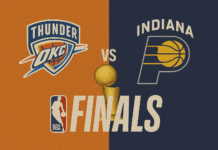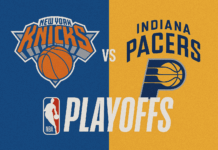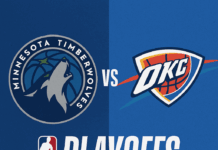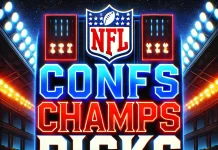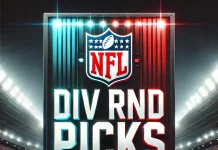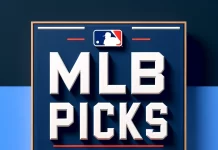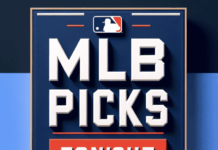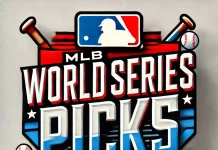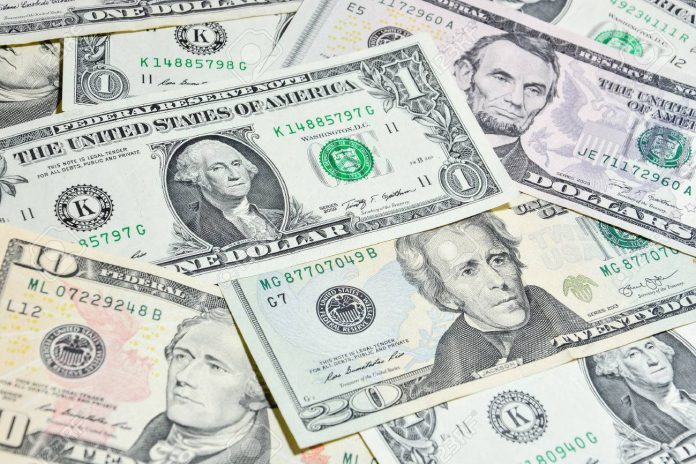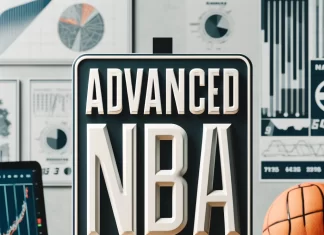Indian Tribes Eyeing Sports Betting Dollars
State officials from Connecticut to California have recently spent time in May jostling for control of the tens of billions of dollars in expected revenue from sports wagering, and along side them were powerful, familiar gambling operators looking to grab their own big slice of the pie, American Indian tribes.
For three decades, federal law has allowed the native tribes to run casinos filled with slot machines and blackjack tables. Now, following a groundbreaking decision by the Supreme Court to allow betting on sports with the U.S, wagering experts have said what is likely to become a long tussle over the control of sports wagering will rely mainly on on the fine print of a number of gambling agreements between Indian tribes and state governments.
As an example, in Connecticut there are two federally recognized Indian tribes, the Mashantucket Pequot and the Mohegan Tribes, who run the very profitable Foxwoods Resort Casino and the Mohegan Sun. Leaders of the organizations have stated clearly that they have the sole legal authority to provide sports betting. Indicating that the state will incur a very large penalty if these agreements are violated.
Under negotiations the tribes and state officials signed in the 1990s, as long as the state do not allow any other commercial casinos, the tribes must give 25% of their slot machine revenue to the state. In the 2017, this meant in a $270 million payment to Connecticut.
Attorney general of the Mohegan Tribe, Helga Wood, has written to legislators to notify that if the state allows somebody else to offer “video facsimile gaming,” it would violate the exclusivity of the agreement. If that occurs, “our obligations to make the slot contributions cease,”.
State officials think this is not the case. The proposed legislation would allow the two tribes who operate off-track betting locations in the state, to offer sports betting.
With billions of dollars at stake, negotiations like these are likely to bring upon some of the most heated negotiations between government officials and the tribes since 1988, when the Indian Gaming Regulatory Act was passed by Congress. That Indian Gaming Regulatory Act allowed recognized Indian tribes to offer slot machines, blackjack, roulette and other casino-style games on tribal land. Currently there are 238 Indian tribes in 28 states offering gaming of some description, according to the National Indian Gaming Commission.
In the 2016, those gambling operations accrued over $31 billion in revenue. Over roughly the same time frame, gambling revenue in Nevada accounted for $10.6 billion. That’s a lot of money.
Sports betting represents a small percentage of that amount, however experts have said that the new ruling would increase that number significantly. In the U.K, where the sports market offers far less and the population is about 1/5th the size of the U.S., bettors wagered around $20 billion in 2017.
It’s estimated that bettors in the U.S. bet up to $150 billion illegally each year through bookmakers and illegal offshore betting agencies. With so much cash on the table for American Indian tribes, the legal U.S. sports betting rumors and rulings have resulted in strategic jostling and planning, particularly in the states where Indian casinos hold powerful positioning over local economies, like California, Mississippi and Connecticut.
Dozens of Indian-owned casinos in California make around to $8 billion in revenue yearly, giving the tribes massive influence over the gambling industry.
Following the Supreme Court decision in May, Assemblyman Adam Gray brought about a bill to change the California law, which allows Indian tribes exclusive rights to offer slot machines casino-style games including slot machines. Sports betting is included in these rights according to the tribes.
Because legalizing sports wagering in California requires the amendment of the state’s Constitution, lawmakers, lobbyists and tribal leaders are now predicting a years-long fight before anyone in California makes a legal wager on a sports.
California also allows other forms of betting in two other areas, horse racing, which became legal in 1933, and card rooms of which there are around 90 across the state, with a heritage traced back to poker-playing miners during the Gold Rush.
If the parties can agree on sports betting legislation, the bill will have to pass with a two-thirds majority, with the governor signing the legislation and voters approving it in a statewide referendum. The deadline to get a bill on the ballot in November is late June, a timeline that is likely too short for a vote in 2018.
If the internet poker fight in California is a guide, legal sports betting may be many years away. A number of efforts in recent years to legalize online poker failed, mainly because none of those involved in California’s gambling industry could come to an agreement, with the Indian tribes also divided.
As the fifth-largest economy in the world, California is unlikely to sit idly watching as substantial amounts of revenue go to other states.
In Mississippi lawmakers are hoping they can be one of those states in early, with wagers legal sports betting available at the beginning of the college football season, in August.
“We’re moving forward at a rapid rate,” said Allen Godfrey, director of the Mississippi Gaming Commission.
The proposal’s rules are advantageous to Mississippi’s casinos as the regulations would disallow sports wagering on mobile devices — except on a casino’s property — and would need bettors to walk into a casino to bet.
That is certainly not what big betting companies want, as so much of their revenue is currently via mobile phones. The majority of sports leagues would also likely be against it, as forcing bettors to go to a certain location limits the amount of people who can bet at any given time.
Mississippi’s larger casinos dominated public discussion about gambling for a long time in the state, with tensions resting on whether they intended to allow sports betting in any form at all.
Mr. Godfrey said that the continuation of prohibited sports betting was wrong and that Mississippi should give the chance for bettors to bet with licensed casinos instead of with an illegal bookmaker.
“This is going on illegally all across the country,” he said. “Now that option is going to be there.”
If that comes about, tribes that have invested billions of dollars over the past three decades to build their empires say they will do everything possible to make sure they are involved.
Kevin Brown “Red Eagle,” chairman of the Mohegan Tribe in Connecticut, stated that himself and his organization willing to include the Connecticut Lottery Corporation and Sportech, the other two entities included in proposed sports betting legislation in the state, in negotiations.
“We don’t want to make it such a high hurdle,” he said, “that our exclusivity prevents us from being a first mover here.”


